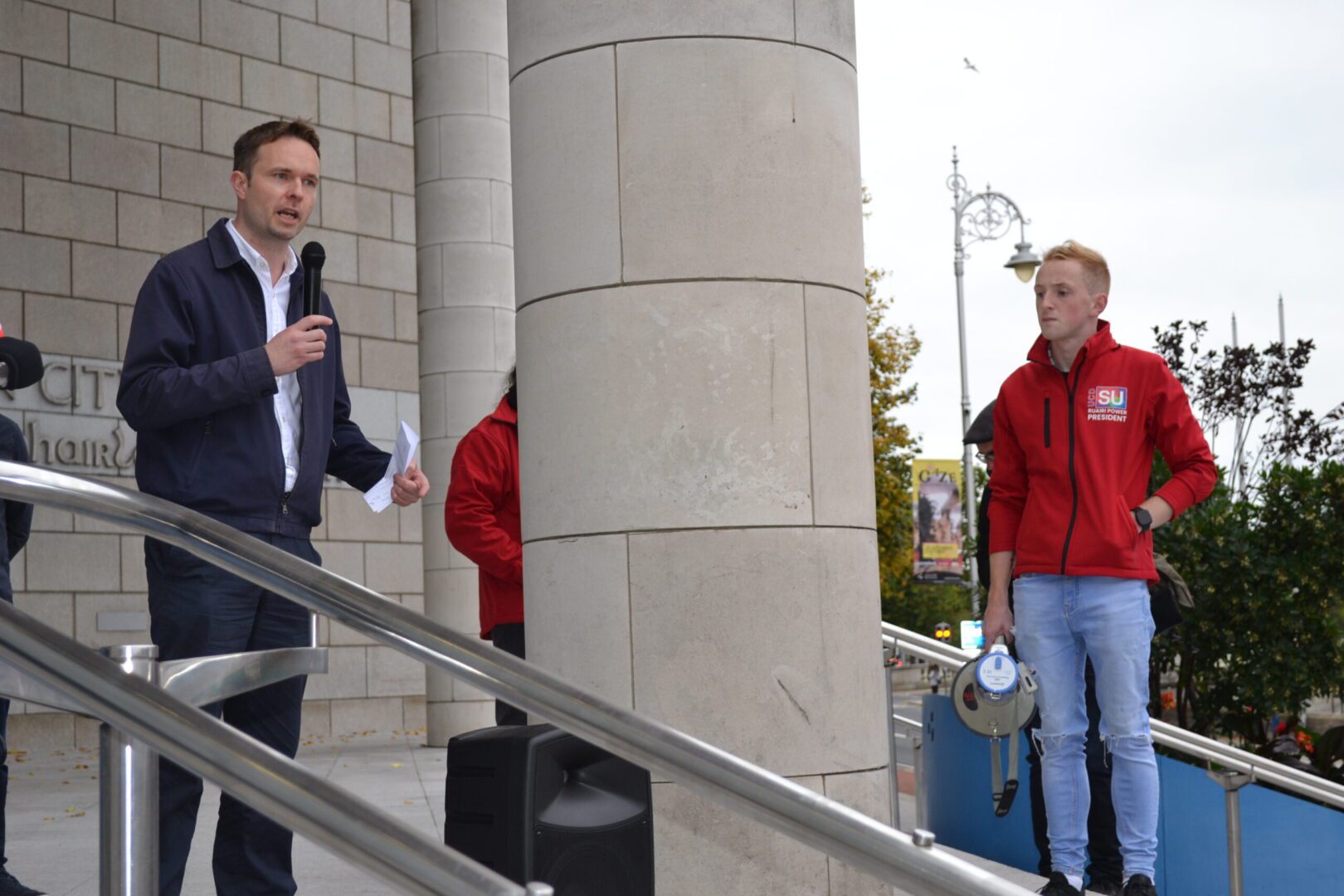Students are just an after-thought within contemporary Ireland. This was proved once again on Monday 11th October as UCDSU President, Ruairi Power, shared correspondence from Dublin City Council. In the letter, Dublin City Council Chief Executive, Owen Keegan, made incendiary remarks regarding the current student accommodation crisis.
The UCDSU President had written to the DCC raising concerns over the policy of student accommodation being used for tourism, whilst the market is suffering from an acute shortage of affordable, purpose-built housing. In response, Keegan remarked that “I am surprised the Students Union has not entered the market itself and provided lower-cost student accommodation for its members”. It is good to see that the ideology of 18th century French royalty lives on in the offices of Dublin City Council.
The remark itself shows a concerning disregard for the plight of students in the nation’s capital. Dublin’s notorious rental prices have seen the city rise in rankings to become Europe’s 5th most expensive city, beating out the likes of Rome and Berlin. The Irish Times stated that the average rent can reach up to €3700 in central Dublin. For Keegan, a man who earns €190,000 a year, these prices might not be too troublesome, but for the average student who waits tables on a Saturday night for €80, the current state of the rental market is cause for grave concern.

The decision to allow for student accommodation to be repurposed is a kick in the teeth for third level students. One UCD student who spoke to the College Tribune said “I pay nearly €700 a month to share a three-bedroom house with 4 other people. It is quite demoralising to see just how out of touch the DCC Chief Executive is”. Examples of this repurposing can be seen at Grangegorman, where student accommodation supplier Uninest have taken 571 rooms built with the purpose of housing students, and instead listed them online as being available for tourists to rent. The Tribune contacted Keegan who declined to comment.
Pressure has been mounting on Keegan over the course of the week, as his remarks drew widespread criticism from both sides of the political sphere. Fine Gael TD and Minister for Further and Higher Education, Simon Harris, tweeted that he ‘Fully agrees with the UCD Students Union’ and also stated Keegan’s ‘dismissive and sarcastic comments don’t help’. To add to the political pile experienced by Keegan, Taoiseach Micheál Martin was quoted as saying ‘I couldn’t believe it, I thought it was facile. I just didn’t understand the point he was making.’
Two weeks ago the SU and a large number of UCD students attended a protest along with other Student Union representatives from other colleges outside the DCC’s head offices along Wood Quay. The protest was also attended by a number of prominent political figures, which included the face of the People Before Profit party, Richard Boyd-Barrett, and Sinn Fein’s education spokesperson, Rose Conway-Walsh. Speaking to the crowd, Conway-Walsh called for Keegan to resign, which was met with chants of “Keegan Out” from the protestors. In the aftermath of the protest, UCDSU said that it was “a great demonstration of solidarity”.
On Wednesday evening, in a desperate attempt to salvage his position, Keegan offered a half-hearted apology. In it, Keegan attempted to justify his remarks by stating he was making a “serious” point and he had simply misjudged “the context of an exchange of robust correspondence”. The City Council Chief eventually concluded by stating he “accepts his sarcasm was inappropriate”. Hardly the outpouring of remorse one would expect given the anger Keegan’s comments had incited.
Whether or not Keegan’s position as Chief Executive comes into serious question remains to be seen. However, leaving this aside for a moment, his comments should serve as a reminder that students are treated as second-class citizens in Ireland and that those attending third-level institutions are merely an after-thought of the powers that be. Thankfully though, his comments have seen the issue of student housing garner national attention, an opportunity students can ill-afford to let slip if they are to force change.
Rory Fleming – Politics Writer

